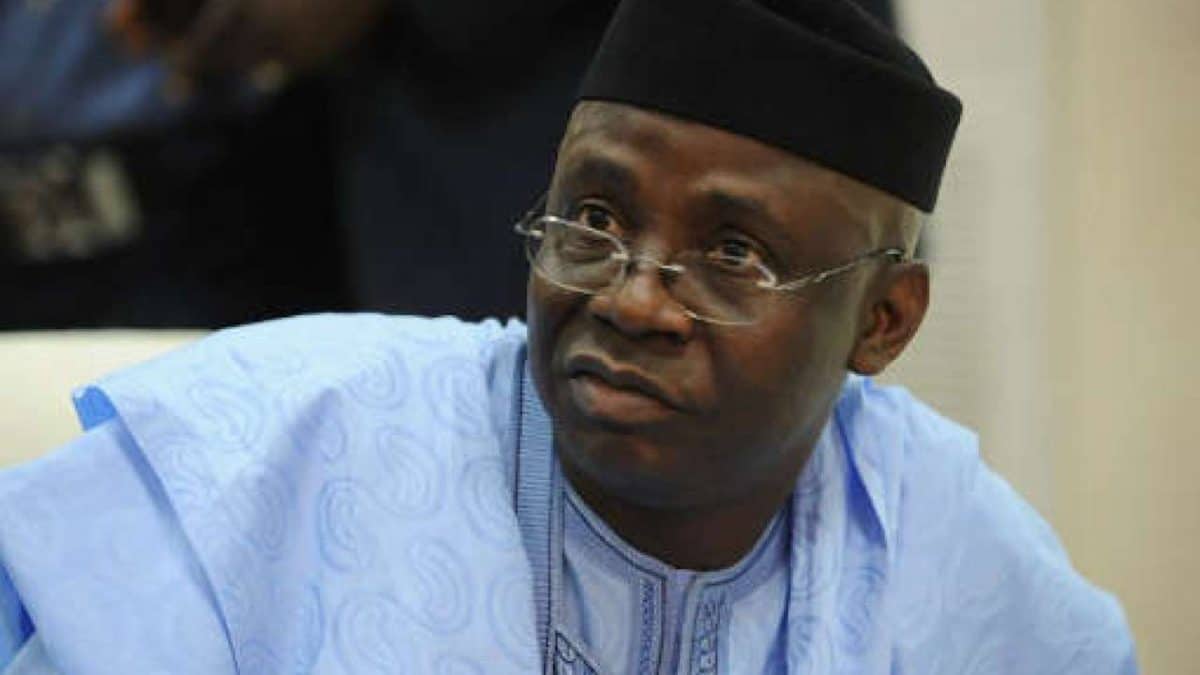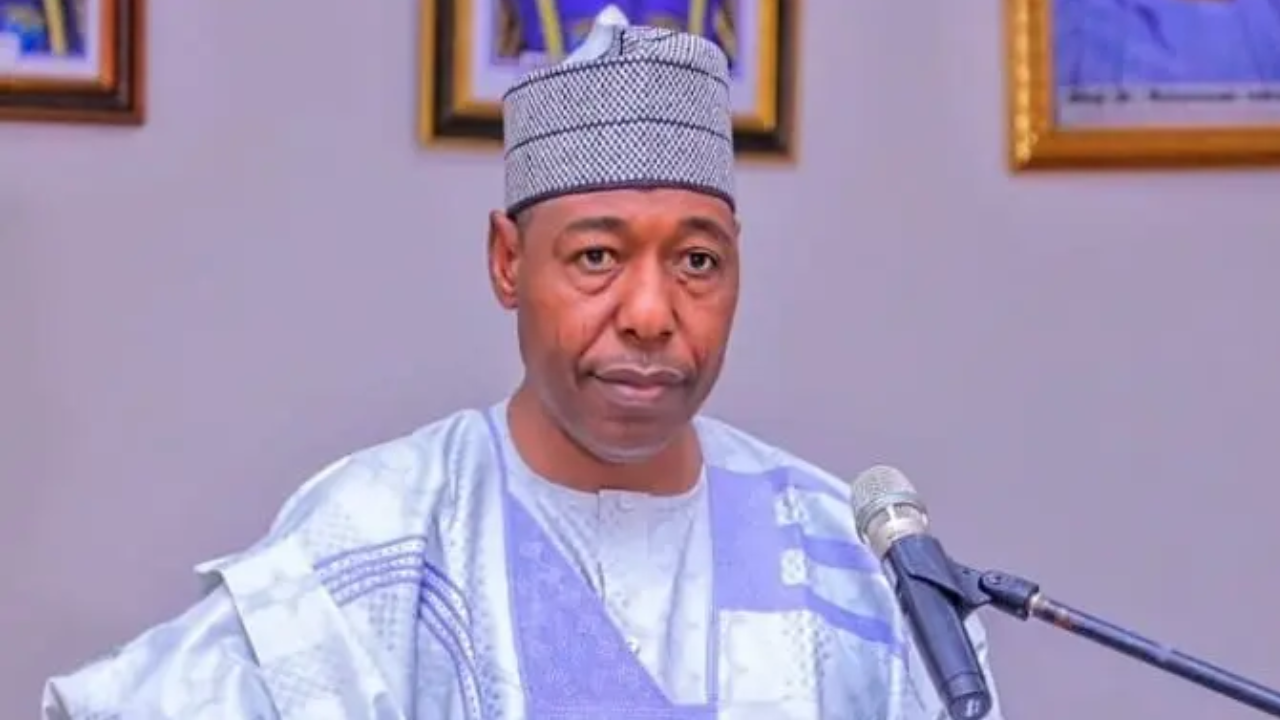- Bank directors want the National Assembly to reevaluate the commercial banks' 70% windfall tax
- In their view, a 70% tax rate is excessively burdensome and premature in the midst of recapitalisation efforts
- They believe that such a hefty levy could impede the banking industry's innovation and expansion
Legit.ng journalist Zainab Iwayemi has over 3-year-experience covering the Economy, Technology, and Capital Market.
The Bank Directors Association of Nigeria (BDAN) has recommended that the National Assembly reconsider the commercial banks' seventy percent windfall tax and consult with lenders over the change.

Source: Getty Images
The Board of Directors' Chairman, Mustafa Chike-Obi, stated in a statement provided to BusinessDay.
Although the windfall tax appears to be a reaction to the current economic situation, he stated that BDAN believes that a 70% tax rate is too onerous and untimely, especially in light of the ongoing efforts to recapitalize banks.
According to him, a tax this high might hinder innovation and growth in the banking industry, which would ultimately lower the standard of services we offer to our clients and the overall economy.
“We acknowledge and respect the intentions of the government in implementing this decision; however, we feel it is essential to express our concerns regarding the magnitude of the levy, its timing and the ambiguities surrounding its implementation.“In view of these concerns, we respectfully urge the National Assembly to revisit this amendment and engage in constructive discussions with stakeholders in the banking sector. By collaborating, we can develop a framework that effectively balances the need for revenue generation with the imperative of fostering a thriving banking environment that supports sustainable economic growth,” Chike-Obi said.More clarity needed
Chike-Obi stated that prior to the adoption of such major modifications in the Finance Act 2023, consultation with all parties involved in the banking industry is essential.
In order to guarantee that policies are both equal and successful, he said that open communication and negotiation are crucial.
“A primary concern lies in the ambiguities of the language in this amendment which leave critical questions unanswered. Such as, whether the windfall tax will be implemented as a Total Tax charge on banks, incorporating other taxes already levied such as Company Income tax, Tertiary Education Tax, National Information Development Levy (NITDL), etc."We also request clarification on what constitutes ‘FX transactions’ to be taxed and the treatment of banks that may incur losses rather than gains during this period. We urge the government to provide clear guidelines on this matter to avoid further uncertainty.He further emphasised that because of the AMCON charge, which is levied on banks' whole assets, Nigerian banks are among the most taxed in the world. Therefore, he suggested that future consideration be given to combining all taxes and levies imposed on banks.
He said it would also be crucial to give the financial community confidence that taxes and levies in the future wouldn't be applied arbitrarily.
Bank directors speak on windfall tax
Legit.ng reported that the Bank Directors Association of Nigeria (BDAN), has opposed the views expressed by the Chairman of First Bank of Nigeria, Femi Otedola, and UBA chairman, Tony Elumelu, over the proposed windfall tax.
The directors stated that the views of the two billionaires in support of the federal government’s proposed taxing foreign exchange earnings represent their stance and not the banking community.
The National Assembly recently passed a bill to impose a ‘windfall tax’ on commercial banks that benefited from the Central Bank of Nigeria (CBN) subsidies on FX with stakeholders.
Source: Legit.ng
















 English (US) ·
English (US) ·